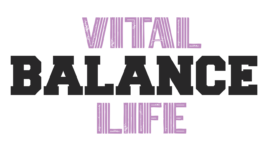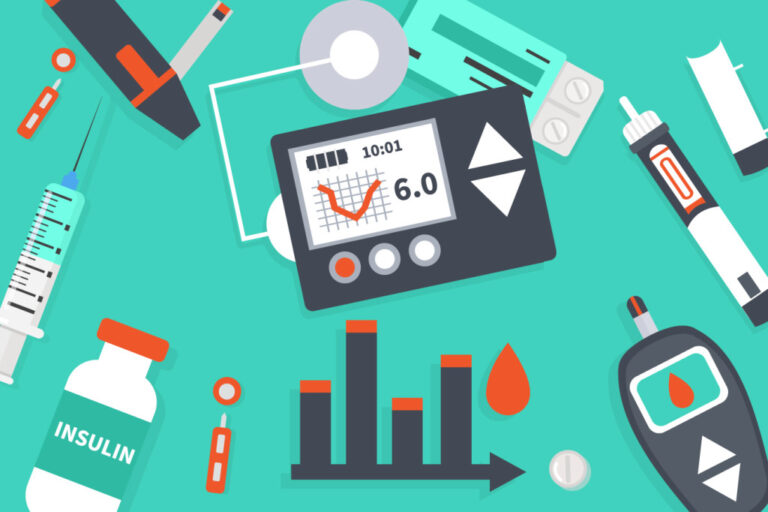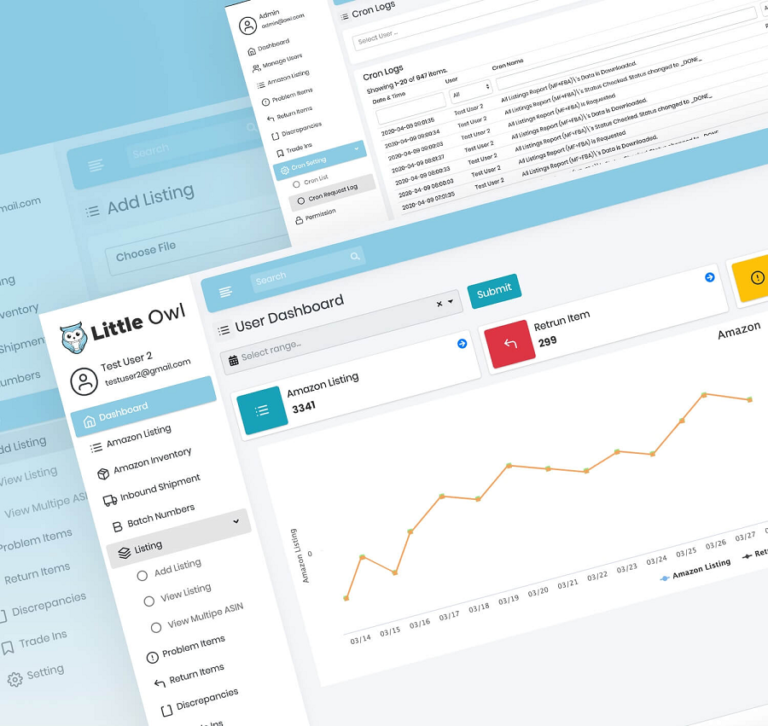Abuse of alcohol and anxiety tend to amplify each other’s negative effects. Since the two are frequently intertwined, this poses a unique challenge. This blog explains the relationship between alcohol and anxiety.
The Relationship Between Alcohol and Anxiety.
People often struggle with both alcohol and anxiety, a phenomenon known as dual diagnosis. Many people turn to alcohol to relieve their anxiety, while others develop anxiety as a result of their drinking.
What is Anxiety?
People cling to the term whenever they experience nervousness or shyness in an unusual setting or with unfamiliar individuals. Anxiety about an upcoming presentation or project is commonplace, especially for students or employees. Self-medication is common, but real anxiety disorders pose a considerably greater risk if they go untreated. Anxiety is not a homogeneous condition. Multiple types of anxiety disorders exist. Social Anxiety Disorder, Generalized Anxiety Disorder (GAD), Panic Disorder, and specific phobias are among the diverse range of anxiety disorders that can impact daily life, relationships, and overall mental health.
Can Alcohol Lead to Anxiety?
In the eyes of society at large, alcohol consumption is a short-term solution to relieving anxiety and forgetting about current stresses. It’s vital to remember that alcohol can’t eliminate the source of one’s problems. No matter the source of one’s anxiety — money woes, untreated depression, or past trauma — alcohol is only a short-term fix. The longer someone depends on alcohol to assist in controlling their anxiety, the more in danger they become of having a full-blown alcohol use problem. Furthermore, the longer one stays in this cycle, the greater the likelihood that anxiety symptoms may lurk. This is particularly probable to happen if the overall causes aren’t handled or addressed.
Anxiety can also develop in a person with a history of heavy alcohol consumption because they lose the capacity to deal with stress healthily. That’s why alcohol is capable of exacerbating anxiety in some people. How, therefore, does alcohol affect anxiety? Alcohol affects the amygdala, the part of the brain that controls negative emotions. Functional abnormalities in the amygdala have been detected in many people with alcohol consumption disorder, according to brain imaging studies.
Coexistence Between Alcohol and Anxiety.
Alcohol and anxiety have a complicated and bidirectional interaction. While some people use alcohol as a self-medicating method to relieve the uncomfortable symptoms of anxiety, alcohol intake can paradoxically aggravate anxiety over time. The immediate calming effect of alcohol may provide short comfort, but the ensuing rebound anxiety can exacerbate the pattern, establishing a self-perpetuating cycle of dependence.
Dual Diagnosis Treatment for Alcohol and Anxiety.
Recognizing the interconnected nature of alcohol abuse and anxiety, Dual Diagnosis Treatment emerges as a ray of hope for those struggling with this complex combination. The recognition that both disorders influence and reinforce each other is at the heart of Dual Diagnosis Treatment, demanding an integrated approach.
Skyward Treatment Center’s Dual Diagnosis Treatment includes evidence-based therapies, medical intervention, and psychological support to manage both alcohol use and anxiety at the same time. Specialized professionals work together to develop treatment regimens that are tailored to the specific needs of persons struggling with this dual problem. The emphasis is on breaking the cycle of dependence, strengthening coping strategies, and improving long-term mental well-being, whether through medication-assisted treatment, cognitive-behavioral therapy, or holistic therapies.
Dual Diagnosis Treatment serves as a compass directing clients toward holistic recovery in the domain where alcohol and anxiety collide. If you or a loved one is crossing this perilous junction, contact Skyward Treatment Center for compassionate, all-encompassing care. Break free from the hold of dual problems and embark on a path to a life of resilience, balance, and long-term recovery. Your recovery journey begins here.







